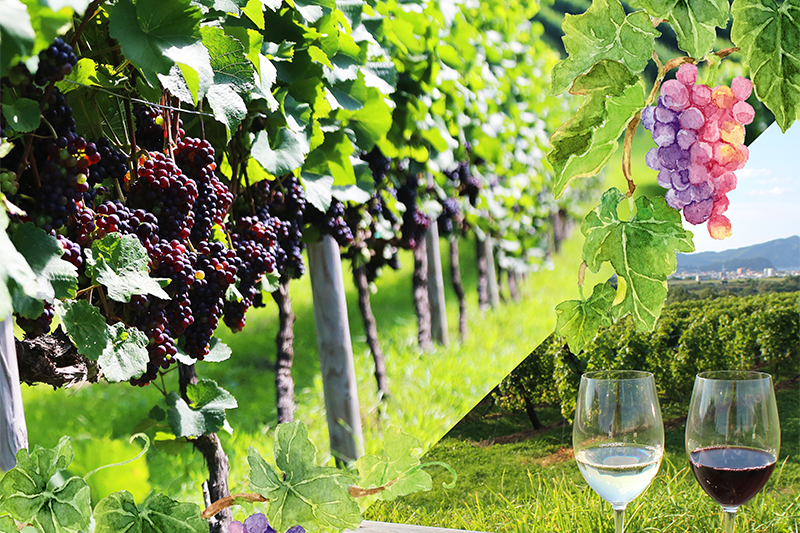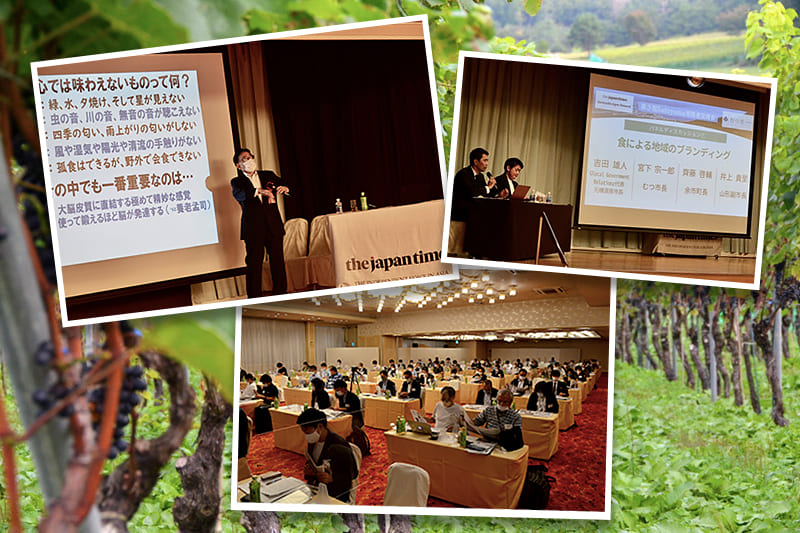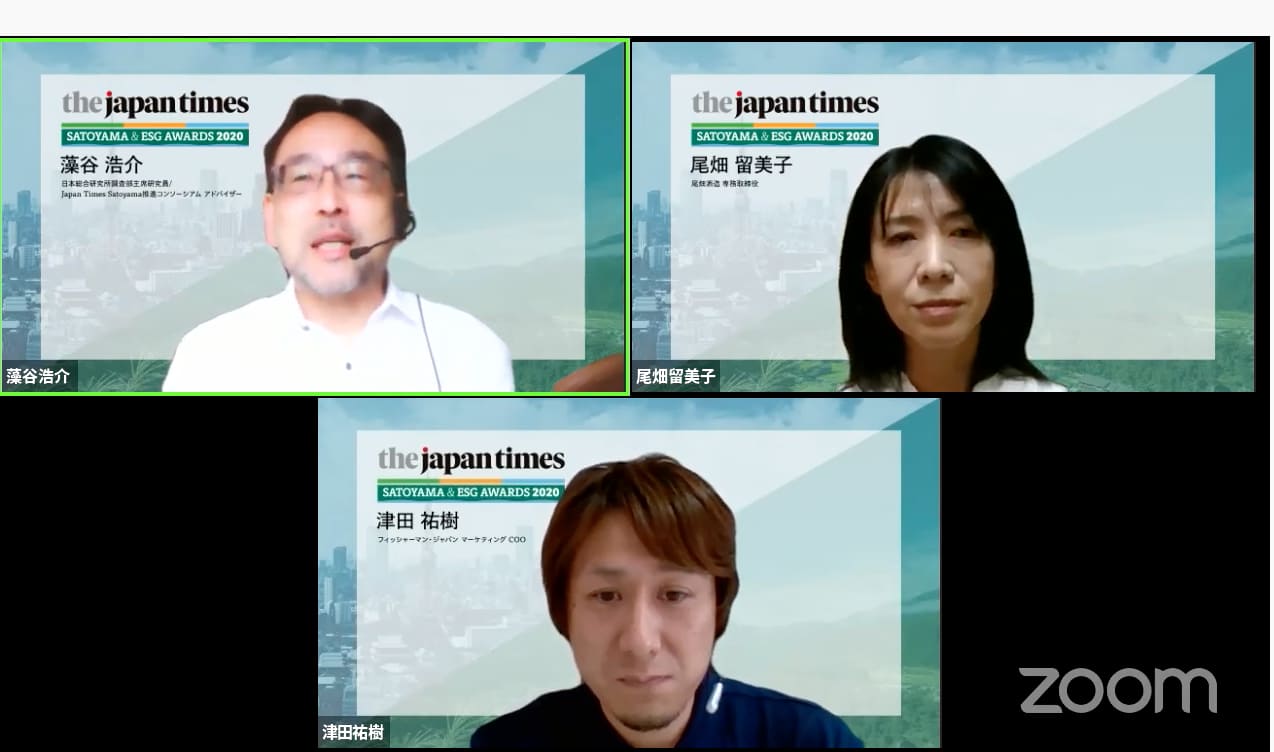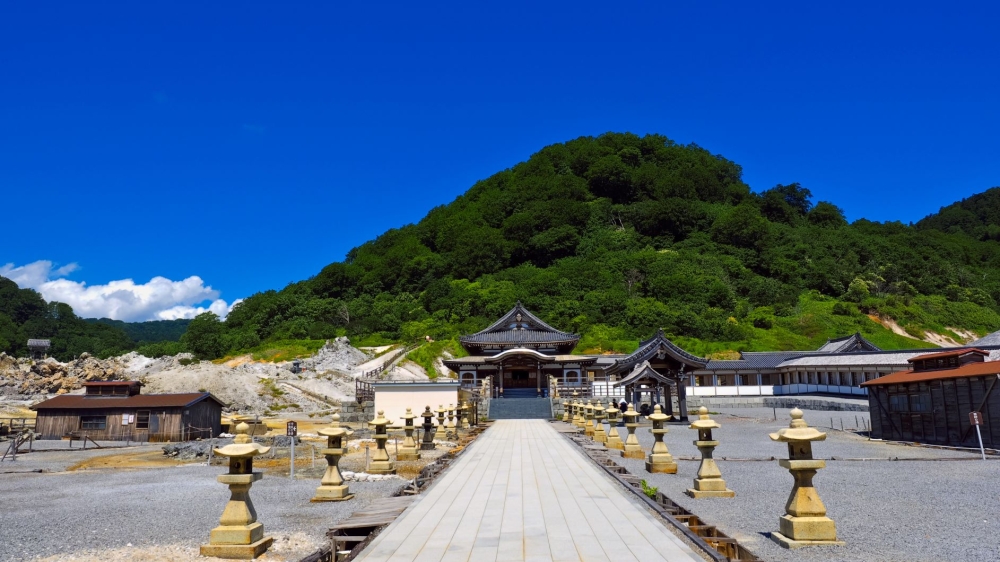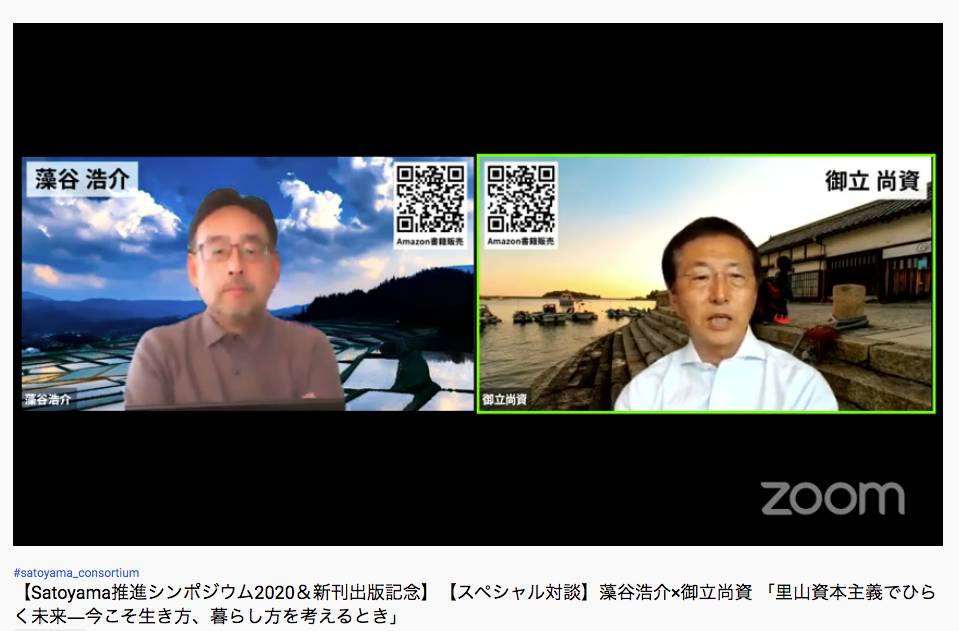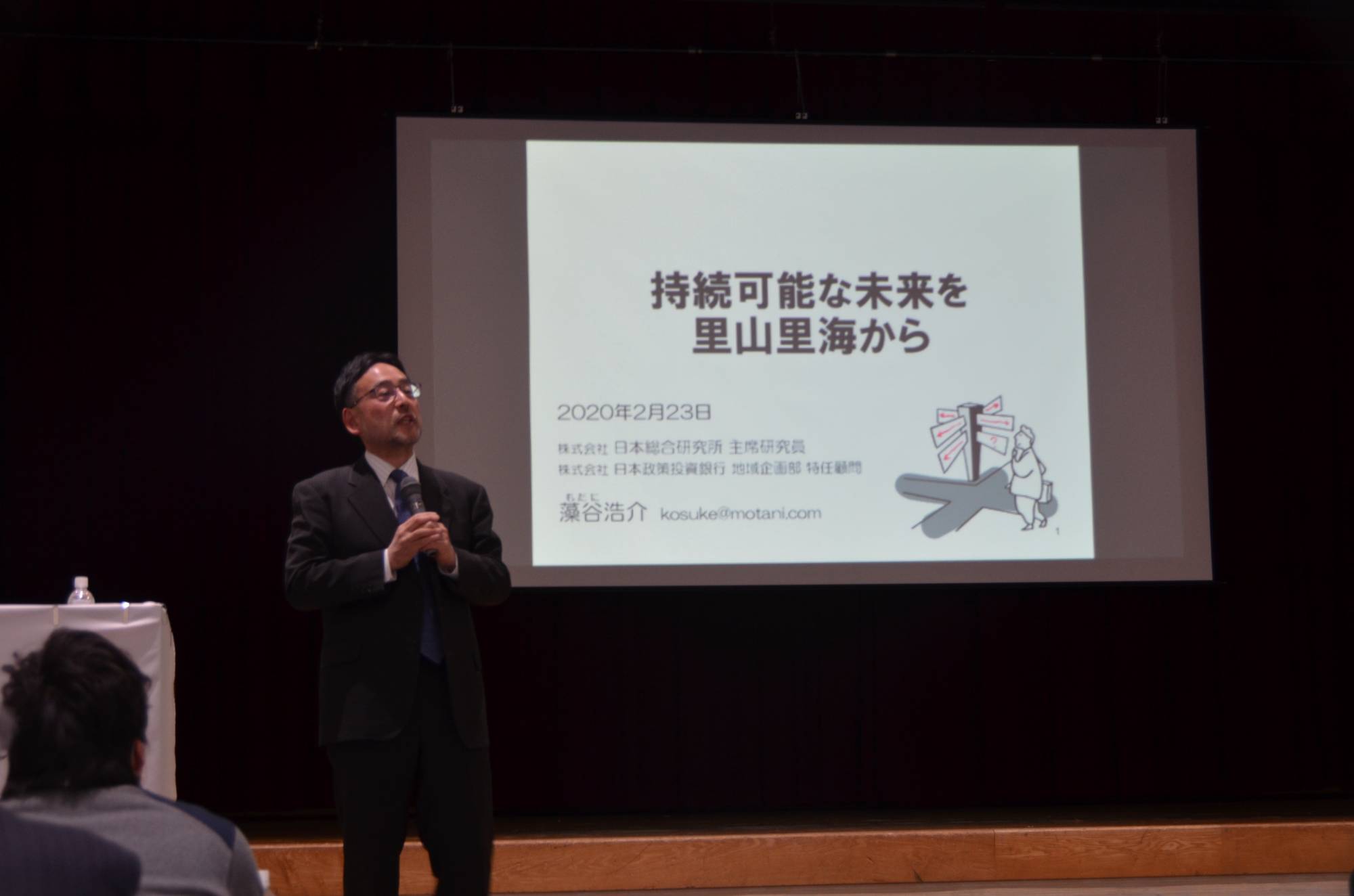June 23, 2019
Past methods can revitalize future society
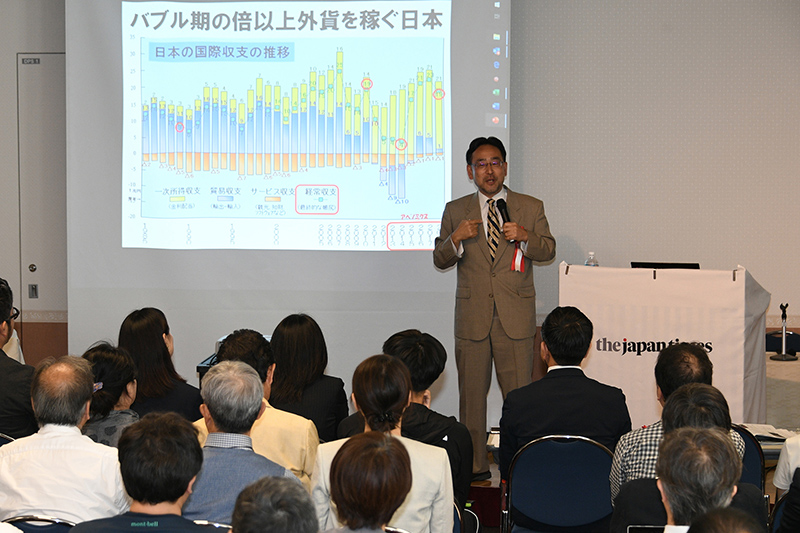
Satoyama refers to mountains and forests near rural villages that are maintained by residents for the sake of the sustainable use of existing natural resources. This model has been used and maintained for hundreds of years across Japan and is the concept behind “satoyama capitalism” — an economy based on co-existence and cyclic regeneration.
Kosuke Motani, co-author of “Satoyama Capitalism” published in 2013, explained the difference between capitalism based on satoyama and the money-centered capitalism that dominates modern society at the Japan Times Satoyama Consortium symposium in Tokyo on June 4.
Motani, chief senior economist at the Japan Research Institute Ltd., also spoke about why satoyama capitalism is more sustainable not just for Japan, but also for the world at large.
He pointed out that money-centered capitalism repeats the pattern of extreme prosperity and decline over and over until it finally breaks down when cyclic regeneration is ignored and lost.
“Modern economics is like a religion. It makes you believe that it is good to focus only on your own immediate monetary profit to compete with others till you die,” Motani said, adding that it’s similar to how monotheists believe in only one god.
Instead of believing in a single method for achieving “happiness” in life, satoyama capitalism offers countless ways to live a fulfilling life, according to Motani.
“It’s similar to the Shinto notion of worshiping yaoyorozu no kami (a countless number of gods). Rather than pursuing a single form of wealth, there are millions of things you can do to make yourself happy while accepting the diversity of people and values,” he said.
“There is no one in modern society who has nothing at all to do with capitalism. Everyone earns and uses money,” Motani said. “But in many rural communities, there is a good balance between matters reliant on money and those reliant on something else.”
Motani believes in and emphasized it is very shallow to think that those who have money are the ones who win in society.
“You are as dead as dead can be if you need someone you can look down on for the stability of your own state of mind,” Motani said. “Life is not a race. It’s about being content with things that is incomparable and accepting each other as irreplaceable people.”
People may wonder what type of individual is most invaluable in society. “It is someone who hands over the baton in some form or another,” said Motani.
Whether it is land, scenery, business or family, Motani thinks that finding value in passing on what one gains from previous generations to the next generation forms the core of satoyama capitalism.
“As I always say, there is no point in leaving your name; leave what you did,” Motani noted.
A common issue in various countries across the world is that it is becoming harder to pass down various assets, resources and traditions to the next generation due to the aging of society.
“Aging is a shared concern among many countries, including China and the U.S., but there is no mention about how the increasing number of elderly can live fulfilling lives in the U.N. Sustainable Development Goals,” Motani said.
In Japan, with the population decreasing and cyclic regeneration breaking down, consumer spending is not increasing.
“Even though Japan’s international competitiveness has been steadily improving, with its trade surplus almost doubling in the last 30 years, money is not circulating and the economy is not booming,” he said.
Motani also pointed out that major cities in Japan, especially Tokyo, are not succeeding in the circulation of people either.
“The population of people aged between 15 and 64 has decreased in Tokyo and its neighboring prefectures of Chiba, Saitama and Kanagawa over the last four years and nine months,” he said.
“To make up for the shortage in the working population, robots have been introduced extensively in factories to boost productivity and international competitiveness, but robots cannot go out for a drink,” he said with a laugh. It is people, not just cash or robots, that pump life into communities.
The concept of satoyama capitalism could provide clues to revitalizing the economy in a way that people can actually feel fulfilled. Through the implementation of this idea, existing resources are utilized based on cyclic regeneration with each person being part of the cycle to hand down diverse values to the next generation.

